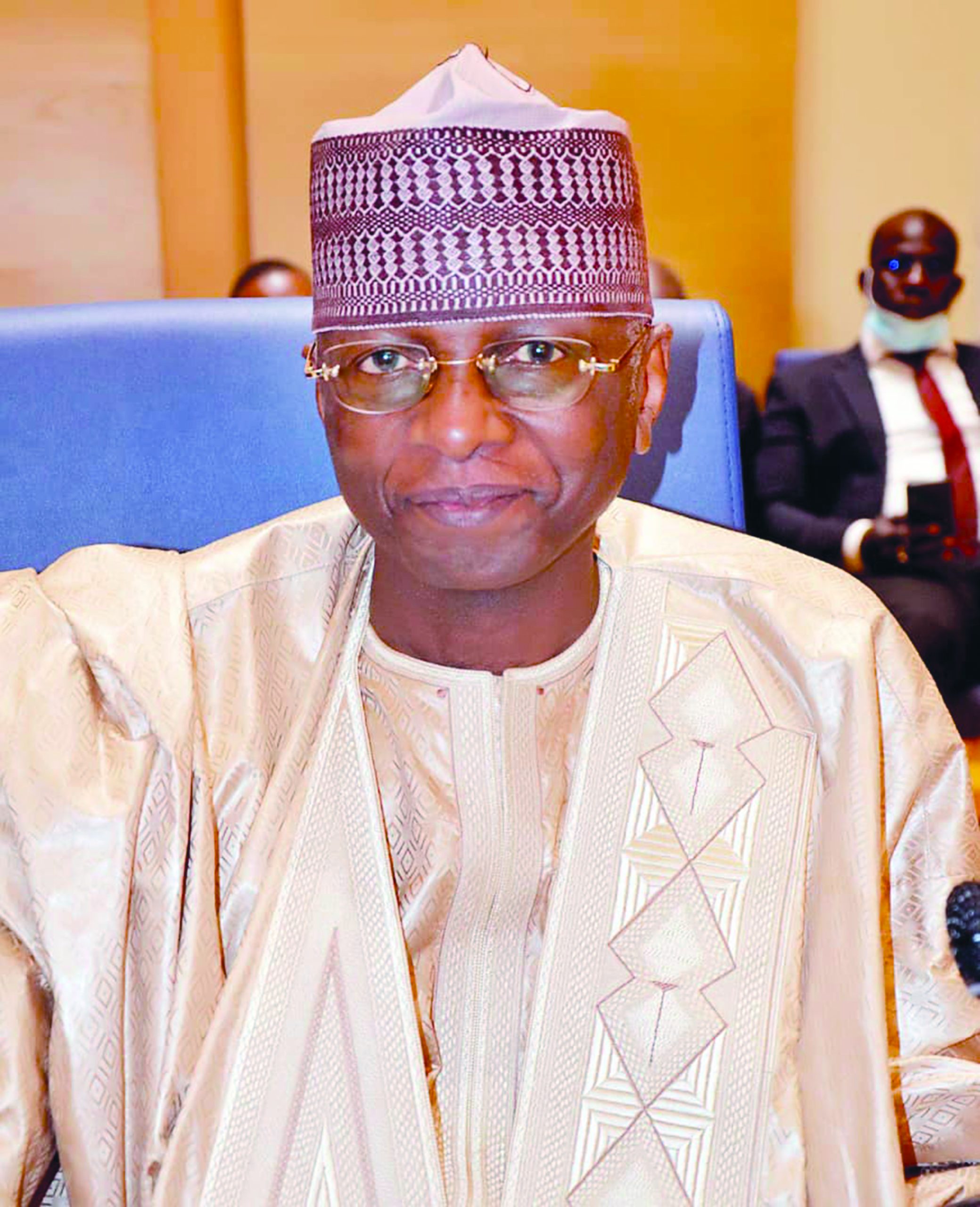La COP28, qui s'est tenue à Dubaï en décembre 2023, a réaffirmé la nécessité d'une action urgente pour lutter contre le changement climatique et limiter le réchauffement climatique à 1,5 degré Celsius. L'accord de la COP28, appelant à une suppression progressive des énergies fossiles, place les acteurs pétro-gaziers face à un défi de taille : adapter leurs stratégies à un monde en pleine transition énergétique. Ce défi est particulièrement crucial pour les pays africains, dont les économies sont fortement dépendantes du secteur des hydrocarbures. Si ce secteur a connu une résurgence ces dernières années, alimentée par une demande mondiale croissante en énergie, des découvertes de réserves prometteuses et des politiques énergétiques favorables, il n'en demeure pas moins que la pression internationale pour réduire les émissions de gaz à effet de serre incite les acteurs pétro-gaziers à repenser leurs stratégies, en particulier en Afrique. Loin d'être une menace, cette transition énergétique ouvre la porte à de nouvelles opportunités. Développement d'activités innovantes, diversification des portefeuilles d'investissement et accès à de nouveaux marchés ne sont que quelques exemples des perspectives offertes aux acteurs du secteur pétro-gazier africain. Cependant, pour saisir ces opportunités, il est indispensable que les acteurs pétro-gaziers africains adaptent leurs stratégies en intégrant pleinement les enjeux de la transition énergétique. Cette session explorera les enjeux complexes et multidimensionnels liés à l’avenir des acteurs pétroliers et gaziers sur le continent dans un contexte de décarbonation.









